Editor’s Note: We received 72 entries in our first ever (but we hope not the last) Short Story Contest. Our four judges chose “Winslow,” a story about not settling by Sally Harvey for an honorable mention. To learn more about Sally and the other winners, click here.
***
I came home from my shift and Carl was lying on top of the bedspread with only his florescent yellow sunglasses on. He’d nailed my diaphragm to the headboard and he was spinning it like a pinwheel.
“It’s time,” he said.
“Damn it, Carl. Those things cost a hundred dollars now,“ I said. I got every side-effect the birth control pills described on that sheet of paper CVS had given me. The IUD I tried tore me up inside, and we didn’t have enough money for what any other pregnancy-stopper cost, so that diaphragm was my tool.
“It’s time,” he said again, playful. “I’ve got the Needles-Portland run today. Come on Loretta.” And he rubbed the spot next to him like it was slick.
Carl had basic bill-paying money because he drove an 18-wheeler for Southwest Freight. He was what you call a line-hauler, which meant he didn’t own the rig. He called it his mobile classroom. He was going to school right in the cab. He was working on his BA degree in political science from Northern Arizona University in Flagstaff. He’d pull over and work on his laptop, then sleep. He wanted to go to law school. His regular route was from Winslow to Needles and on to Portland and on the way back he’d haul to Vegas. He’d stop in Flagstaff to take tests and make presentations. Carl wasn’t married. Then he was. I just up and married him, because he heals me when I’m freaked. We’ve all got gifts and mood-healing is his when he wants it to be. If he were an Indian maybe he’d be called a mood-mender. But four months ago he started nagging about wanting to have a kid. I used my body to make my living, and I didn’t plan to screw it up or nail myself down, either one. Not permanently. Not ever.
“Who’d you think you were marrying anyway? I told you I didn’t want kids before we got married,” I said.
“You have a great nose for sons,” he said
I silenced him with a look. We’d been over this before. He thought I had a rich person’s nose. A country club nose, he called it. I hated my nose.
But Carl was mad. He reached up and ripped that diaphragm right off the bed and there was a big hole in it. The rubber tore like you see in cartoon drawings of a heart attack.
“We can’t wait any more, Loretta. He put the diaphragm under his back. “You’ll help somebody steal a kid, but you won’t have one of your own? Twenty-three is old enough.”
My friend, Patsy, and I had stolen her three-year-old daughter, Tami, and headed west from Ohio because Patsy thought her ex was a child molester.
Everywhere in Arizona seemed free and wide open, and we decided to stay in Winslo when our van broke down. We traded it to an old Navajo woman for room and board until we got our feet on the ground. I found a job and Carl the first month.
“Let’s just have fun,” I said, grabbing Carl’s feet, trying to calm him down. Playing with his feet usually worked. I lay them on my thighs, smoothing them like you would a piece of cloth. I moved up his legs. The hair on his legs seemed to burn, miniature flames, gold and red.
“Let’s play gin rummy all night, like we used to,” I said. I’d come in really late, like now, and he’d wake up. We’d drink Diet Pepsi and whiskey and play. We’d chew the ice and spit it at each other to stay awake so we could see the sun rise.
But Carl was having none of it. His eyes were the color of army fatigues when he was mad. “When I was twenty-one, I was hunting for fun,” he said. “At thirty-two I’m looking for normal.”
And then the rain started, like it does out here. All the dust and then rain in sheets hitting the ground like barn roofing, silver and solid.
“I don’t see how anything can survive,” I said. “It’s either wet or it’s dry. I’m either blown away or I’m drowning. What a way to live.”
I drew exclamation marks on his shins while I talked, digging deep with my Fourth of July nails. Like my tits, my nails were important in my work. I was a modern-day cowgirl.
Patsy and I worked at the Tomahawk Bar. We wore cropped T-shirts with red, white, and blue fringe, but no bras. The Tomahawk was where I met Carl.
People used to set bounties on wolves and coyotes. Now they were on people. My job was to catch underage people with fake IDs. In the seven months I’d worked at the bar, I’d earned $1500 in bounty money—$10.00 for every ID I’d confiscated.
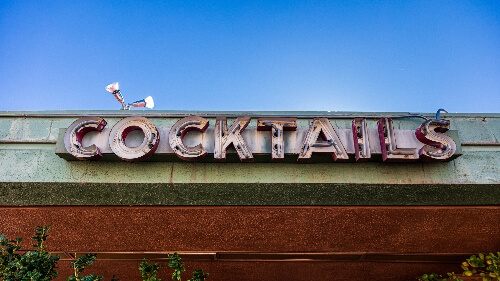
I counted on my tits to intimidate the belligerent customers, and if they didn’t do it, maybe my fingernails would. Sometimes I got my customers tickled because I had these patriotic nails to match my fringe. I painted tiny red, white, and blue dots on them. I’d just pluck those driver’s licenses out of their hands, and they’d crack up. It made it so much easier to ask them to leave.
Carl usually liked being scratched, so I kept at his legs, drawing sheets of rain using all ten fingers. But Carl’s feet were scooting on the sheet, like he was trying to warm them up or walk away.
I stood up. “What about zero population growth?” It was an argument I hadn’t tried before. “We could help the whole planet. Fewer Pampers to clog up sewers and creeks.” I scooted across the floor, a barefoot skater headed to the back door.
But Carl was behind me and I could see his face in the window. He had worried eyes. I talked to that face. “I told you who I was,” I said. And there was nothing else to say.
He barely opened his mouth. “I want a child,” he said.
I headed out the door. That’s when I saw them, getting out of the wet. They were trying to get a dead squirrel in behind the siding and the skull was stuck. I saw the tail on what had to be a male, four babies, and a whole nursing female, sliding up and under the bottom of the siding on the north wall. Coyotes. Plain as could be. I knew them by the ears and the tails, like big foxes, and I wondered how something so big and wild could fit in there. There wasn’t a sound when they disappeared, but I could see a slit of a shadow where they’d bent the siding to get in.
The sun dissolved the rain and dropped an orange yolk on my muddy windshield. The wipers didn’t work anymore, and I didn’t feel like going back for a rag. I wanted to think, so I walked across town to Patsy’s.
Patsy lived in one of the better lovers’ motels on Route 66. She’d married Daryl, a full-blooded Navajo, two weeks after I married Carl. Daryl was the Director of the Navajo High School.
Patsy opened the door. She had on a Bar-B-Q apron with road-runners and jokes printed all over it. It covered her from chin to knees.
“He put a nail through my diaphragm,” I said. And we both sat down on her orange velour couch.
“Daryl wants a baby, too,” Patsy said. “We’ve been talking.” There were children’s toys sprayed all over Patsy’s living room. I could hear Tami talking to the TV in the back room. The noise was constant, high then higher, because she carried on both sides of the conversation and she didn’t have a low range yet.
“How can you think about staying?” I asked. “People can only grow weeds and they weave lawn chair plastic strips in their fences. Who could choose to live here? God, Patsy, you accidentally find yourself somewhere and then you’re pregnant and then it’s too late.”
“I want what I want,” she said.
“So getting married is like winning a prize?” I said. “And that makes you a new person and you can start all over and forget your old life?”
“You can be wild and crazy sometimes, without always acting like you’re fifteen,” she said.
“Thanks for sparing my feelings,” I said. “Jesus, God, I came here for some sympathy.”
“Who’d you think you were marrying anyway?” she said. She had a roll going. “You needed an anchor and so did I. Well, you’ve got him,” she said, “and so did I.”
“Boring,” I said.
“If things stay the same for five minutes, you stir them up,” she said. “The only smart thing you’ve ever done was to marry Carl. You have it made.” And then she smoothed out the wrinkle the apron had made between her thighs. “You’ll be rolling in dough in five years,” she said.
“Do you ever want to cheat on Daryl?” I asked.
“Do you have shit for brains?” But she was laughing. Actually, until Daryl, Asians were the only racial group she hadn’t slept with. No prejudice intended. Just no opportunity. I kept meaning to look up if Indians were Asians or not. She stood up like there was somewhere to go.
I stood with her and tapped her, real soft, as if it were Morse Code and I could shove a very big message into her little bits at a time. “Do you remember high school biology?” I asked. “How Mr. Gordon was always talking about evolution, about things surviving because they grew to look alike? We’ve had too much of that here,” I said. Then I hugged her hard, like I could squeeze some of what I felt into her. Then I left. Fast.
I stopped by the 7-11 for dog food for the coyotes, but I decided on more cat food. I only had enough money for one bag. Carl had wanted a dog for the last three months to protect me when he was gone, but I knew it was part of the settle-down-and-make-a-family shit. He got me a cat. A cat you can leave. I figured the coyotes had been coming for the cat food I left by the back door.
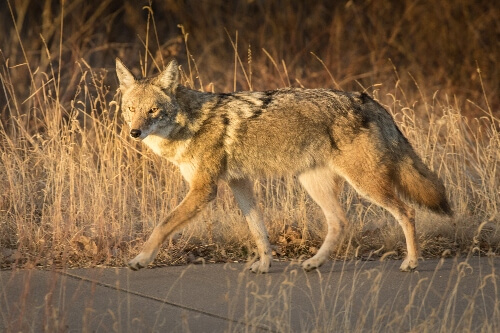
Carl had left me a note saying we needed to talk and how he loved me and how he’d be back tomorrow night. He’d put the time and date on the note, like a secretary, as if nothing had happened.
I put food out for the coyotes, got a liter of Diet Pepsi and a lawn chair and my pillow and I set myself up in the garage, about twenty feet away from their home.
I liked the idea of the coyotes. I waited for an hour. I heard them twice, sounds like you’d expect a snake to make or a cat, hissing, and I saw a black nose once. But they’re creatures who live by their wits, who live by trusting no one, by smelling everything, hearing everything, never letting their guard down. I knew that. What I didn’t know was how they all fit. The parents would have had to rip out some of the insulation. It looked like bedding to me when Carl had finished putting siding on the section by the back door, long rolls of white bedding—so the coyotes just made room for their own bed. Maybe they’d carried the white stuff away, carefully, like bridal veils or bandages, leaving it out on the mesa at night.
I waited another half hour. My Diet Pepsi was gone, and I had to go to the bathroom. I couldn’t get over how they were there and neither Carl nor I had known it. The kittens or cubs or whatever they’re called were not quite as big as my kitten when I got him—old enough to walk around but not old enough to be on their own. Imagine needing to be free so badly that you could be silent.
I tried sticking my hand in the hole. Nothing. Not even a bite much less a cold nose. I got a hot dog from the refrigerator and put it in the hole, then I sat in my lawn chair again. In 15 minutes I went back to check. The hot dog was gone. So I got another one and put it half-in, half-out of the hole. After five minutes, it disappeared, fast, like it had an appointment to keep.
I went back to the kitchen and emptied the freezer. All we had were ice cream sandwiches, frozen green peas, six packages of hamburger buns and a brick of stew meat. I put the meat in the microwave and cooked it until it thawed. Then I cooked it until it turned grey. I hoped coyotes were colorblind, so that meat didn’t need to be red or brown. I took the rabbit-ear antenna off Carl’s old TV and strung the hunks of meat on one piece of metal like baby beads. Holding on to the empty end, I shoved the meat end in the hole. I could feel them eating, like fishing, when you feel the weight, the life on the line. I wanted to build them up to let them go.
I filled a bowl of milk for them, moved the trash cans to block the opening from anyone’s view but mine, and settled in my chair. The coyotes were just starting out. Anything was possible. I made promises and went to sleep. When I woke up, there were people in brown uniforms standing all around me and I was totally in the shade, so it was past 4:00 p.m. They had on brown baseball caps that said “DNR” in dark brown letters. They looked like a team, but they were too out of shape to do anything but bowl.
“Coyotes have been spotted in town,” the one in the center said. “Here,” she said, and she looked around like she expected to find a couple chains and collars and maybe a bowl of coyote chow in my garage.
“Just a cat,” I said. “Tortoise shell.” But it was like I was invisible. The tallest one, who had a big, fat ass said, “Your neighbor says she saw coyotes. Here.”
“You’ve got to be kidding. Which neighbor?” I asked, knowing full well it was the old couple on the left. He’d stood at the window one time too many checking out my boobs, and she was paying him back.
“They don’t belong here,” the tallest man said. “We were instructed to leave poison.”
“Poison?” I said.
“With your permission, of course,” he said.
“I have a cat,” I said, and I was smiling like they were some of my regulars, some of the better tippers.
“Give us a call if you see anything,” the woman said. And they all turned, clockwise, like they’d rehearsed it.
I put the lawn chair away, moved the trash cans just right and took the milk and my pillow inside. I phoned the Department of Natural Resources in Phoenix, but when a man answered, I hung up. The voice was like John Wayne, and I could just see the guy thinning down herds, shooting game for pleasure, stuffing particularly nice examples for his rec room.
I called the Truckers’ Interstate Message Center instead. They’re on the air 24 hours a day, playing country and western music and delivering messages to truckers with handles like Bandit. Carl never answered his cell. I had to talk with him. He knew things. The female DJ picked up. She was Carl’s favorite.
“I have an urgent message for Tuna Man,” I said.
The DJ burst out laughing. “Sorry,” she said. “You’re on the air, honey. Keep it clean.”
This is not a stupid thing to say, because I have three pet names for Carl: Matlock, Midnight Rambler, and my favorite, Tuna Man.
“What do you know about coyotes?” I asked her.
“Independent,” she said. But she went right on, as if this were a quiz show. “Meat eaters,” she said. “Why? Did you hit one?”
“Are they legal?” I said.
The voice laughed. This irritated the hell out of me.
“Can you keep them for pets?” I asked slowly. I could feel her pursed lips, all 40,000 miles of interstate heard her impatient sniff.
“Those are wild animals, honey,” she said finally.
“I know,” I said.
But before I could go any further, her hillbilly voice was giving me the standard western range-rider wild animal lecture: “They’re dangerous *** fear of rabies *** God knows what diseases *** untamable by temperament *** used to be a bounty *** would personally like to see them all shot from all the destruction they do ***
I waited until she was done. Then I said, “Piss off,” and hung up.
The coyotes became my project. I’d buy hamburger and marked-down meat packages from Safeway, and I’d carry trash bags and a shovel and pick up road kill on the way to and from work. I made a plan. It was the most I’d thought about anything since we kidnapped Patsy’s daughter. I’d feed them before and after work. I’d wash down the concrete with bleach and water so the neighbors wouldn’t smell them.
I had to work third shift, so I put down a five pound sack of cat food, slit it down the middle and left it behind the trash cans. I got money out of the change jar and stuck a Post It on my steering wheel to remind myself to stop at the 7-11 on my way home to get three more sacks of cat food, although I was sure I wouldn’t forget.
The line dance leader was out sick and I got to fill in. I like the crowds at the Tomahawk because everybody applauds the classic country songs, like the performers were really there, and they applaud themselves. We’re all stars.
Patsy cut in after an hour. “You dance, you drink,” she said.
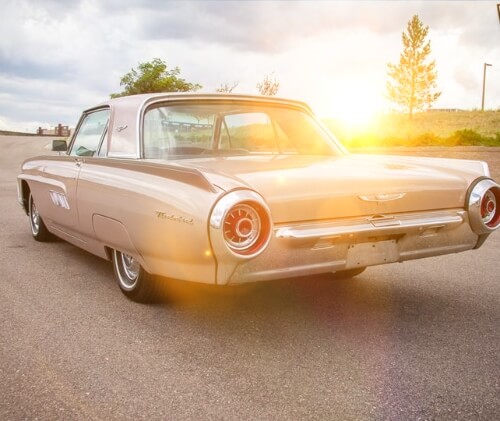
So I started early. It was a Friday night and the place was packed. The boss didn’t care if you drank or not as long as you did your job. Patsy and I shared a house drink called “Skip and Go Naked,” because it was served in a pint jar. We’d downed four between us by 10:30, which was when Tom Cruise arrived. It was a guy named Skip, who we called Tom Cruise for all the obvious reasons. Most customers wear biker black T-shirts and black hats, like a uniform: red-neck-boot-stompin’ attire. The only thing black on Skip were his boots with a two-inch heel. He wore a wide-brimmed brown felt hat like a rangeman and a long, oiled cotton coat with a cape. That was how he danced. He looked like bad fairy every time he jumped.
The music switched from “Boot Scootin’ Boogie” to “Achey-Breaky-Heart,” when he grabbed me around the waist and pushed me in front of him like we were having our own private bunny hop. “Show you something,” he said.
We went to the parking lot and we got in his pink 1963 Thunderbird. I’d never seen it up close before. I knew he’d been a Marine in the Middle East somewhere and that he’d saved his pay and bought this car with cash when he got home. I didn’t know much else about him. He started right in with the kissy-face, and I didn’t stop him. We went out to the Thunderbird during every break and made out. When quitting time came, I was flying.
“You want a picnic?” I asked.
Patsy was behind me, and she threw her arm around my neck and bent her elbow, freezing me like you do a kid.
“I don’t serve garbage on my picnics,” she said, squeezing harder. The words were aimed at Skip.
“Get your own life,” I said. But I didn’t care if Patsy came. I just knew I was going. “Nothing like breaking old habits to get your juices flowing,” I said to her elbow. She stepped on my toes, hard, and said she’d pack the food. She brought left-overs from the kitchen.
“Fried green chili tacos with tomatoes, the escargot of the West,” I said.
Skip laid a hand on both our asses, froze like someone being electrocuted, and threw up before he could rub or squeeze either one. We sat him in the passenger seat. I took the keys and Patsy straddled the gear shift between us. I drove towards Homolovi. Patsy had a bottle of apricot schnapps and we passed it back and forth. It was hot and sweet. Skip wasn’t drinking.
“So where are we going?” Skip asked. He had his head wedged between the window and the seatback. I didn’t think he could see anything.
“Indian ruins,” I said. “High, high up.”
Patsy turned on the radio, but all we got was classical stuff from Flagstaff. I cut inland off the main road with the lights off. No one was up in Winslow at 3:00 a.m., not even the DNR.
By the time we parked, Skip was asleep. Patsy put her hand over my mouth. “Get out,” she whispered. We scooted out the driver’s side, leaving the tacos with Skip. The whole car was ripe with the smell of onions and I wondered if the smell would ever come out of the leather, and I thought about how we’re all marked and how Carl could find me by that smell if he knew where to look. We took the schnapps with us.
“I was gonna fuck him,” I said as we felt our way up the narrow path that circled the hill.
Patsy was trying to guide me, but I felt sober. We walked silently. Like most pueblo sites, this one was built around the natural outcroppings of rocks and boulders. A path went through them, so we moved by touch. I wondered if rock lichens had poison like some frogs when you touch them. Then we were at the top and we could see all of the night. I turned in circles pretending I was taking time stop photos and I sang “Night Moves” like I was on a YouTube video.
“Look,” I said, pointing at Winslow. “It looks like a doll house. Except for the truck stop.” I stopped on the west side of town. All of Winslow was built in the same style, boxy and predictable. It was just that the truck stop outlined it in blue neon like a bad tattoo. Maybe that thought knocked the legs out from under me because I sat down. Someone else had been up here. The last charred sticks of their fire were glowing and there were five empty Coors cans. “Not much of a picnic,” I said. I took off my shoes and inched my feet in as close to the coals as I could stand it, then went a hair closer.
Patsy sat on the edge of a boulder facing town and sang “Do You Know Where Your Man Is Tonight” all the way through. There were no echoes. The closest rocks were the Hopi Buttes twenty miles away.
“What do you know about coyotes?” I said. I could hear Patsy breathe. But this stopped her.
“Are they up here?” she asked. I crawled over to her rock and put my feet on her like I was warming her with hot water bottles.
“No, I just want to know,” I said.
She waited until my feet cooled, thinking it over.
“Tricksters. Secretive. Daryl loves them,” she said. “They’re Indian gods anyway.”
She had a pile of rocks and she started throwing them over the side. It was still a long time before we heard them hit. “They’re really smart, and they can change into other things. It’s what the Navajo believe.
We sat a long time just watching the night. I couldn’t tell her about my coyotes, not even drunk, about how I was going to freeze bones for them and give them treats every day, Milkbones and chicken livers, if they were really good.
I got up and walked Homolovi. I was an ancient one, coyote woman, sliding my bare feet over all the boulders that line the top.
When I came around, Patsy hadn’t moved at all. “I don’t want to just live,” I said.
“So what do you want?” Patsy said so quietly I could barely hear her.
“Fun,” I said.
“Seriously.”
“He used to be fun.” My arms were waving around like I was still balancing. “Take the pig roast,” I went on. “When he built the pit and lined it and heated those rocks up and burned that pig carcass to ashes. I loved it! The mess was fun.”
“He’s still fun,” Patsy said.
“Shit, Patsy, he calls me all the time. He calls me in the middle of the night just to hear my voice and I don’t know how to hang up on him.”
“Don’t hang up on him….hang on to him. I’d give anything for somebody so sweet. When’s the last time Daryl turned on the electric blanket for me so my side of the bed would be all warm and waiting for me when I got home? Daryl’s never home.” Patsy started throwing big rocks. They were like dinosaur teeth. She could have dug a skeleton out of the side of the hill with them.
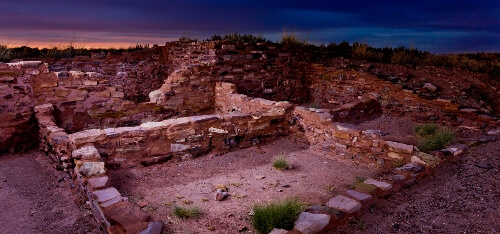
“Carl drives me crazy,” I said. “He wakes me up by blowing in my arm pits. It tickles.”
“He loves you,” Patsy said. We could hear little landslides starting where the rocks hit.
“He’s smothering me.”
“You make everyone feel like they either do or don’t pass that test to get in college. Only it’s your test, Loretta.”
She started throwing rocks at me.
“Why did I pass?” she asked.
The rocks stung, but I didn’t move.
“Simple. Easy. You’re my co-criminal,” I said.
She wasn’t laughing. “You just don’t want kids. It’s that simple. There’s only room for you and maybe Carl, when he plays by your rules.” She threw one last rock. “You’re not happy unless you’re in trouble,” she added.
Suddenly I was yelling at her. “Do you want to go through life just the same as everyone else?”
“Yes,” she screamed, and she pushed me over so I had to sit.
“You aren’t as complicated as you want to be,” Patsy said softly, and she took my elbow like someone she was going to lift and lead to some destination that only she knew. “Or as you think you are.”
“You mean I’m ordinary?” And I was crying. “God, don’t say I’m ordinary,” I said.
She let me go and I lay down and she lay down next to me and we held hands. She put her head by mine. Her hair smelled of cigarette smoke and baby shampoo. We watched the night for a long time. There were desert stars, American stars, neon stars, going nowhere, stuck over Winslow, Arizona forever. And they were beautiful.
“He wants to name a kid Kirkwood,” I said. We both howled. “You might as well call him Peckerwood.”
A thumbnail of a moon rose along with a strip of morning sky. “It looks like a flag of some country I studied in school once,” I said. Then the sun came up fast, chasing the moon.
We walked down. Skip was still asleep and the pink Thunderbird looked like it was on fire. We walked like Girl Scouts on a hike, in line, efficient and silent, directly east into the sun, back to Winslow. We hitched a ride the last five miles in the back of a truck coming in from the reservation with one of the men who worked in town.
Leaning on the cab, looking back, I could see the horizon uninterrupted by trees like I could see my marriage, a future flat line of work and laundry and groceries and Carl’s wants and needs. I thought I could see where it was going, where it had been, and I wanted to take off with a young Indian in a blue pick-up truck across the mesa, a young Indian with a pony tail halfway down his back and narrow hips and high cheek bones—not a yuppie-millennial like Daryl, but one who didn’t know he was defeated yet—one who was wild and going nowhere, and wouldn’t have it any other way.
We passed a road sign. Ganado. Tuba City. First Mesa. Winslow. Like an old refrain, the city names came by again. I felt like we’d come full-circle and were at the beginning. I could see clear to the Hopi Buttes. Without trees, I could see the parallel planes and dark eroded punctuation marks of bedrock. Nothing was hidden, as if the truth had risen to the surface, but I didn’t know what the truth was.
Our driver knew Daryl, so he gave Patsy a ride all the way home and dropped me off in town. I walked the last mile to my house. From four blocks away, I could see the brown van and the safety leashes that look like nooses on sticks. Six brown uniformed workers were dragging the adult coyotes away. And I was running.
“They have babies,” I screamed. But the van was gone before I was close enough to be heard. “It’s my house. They’re mine,” I screamed. And then I yelled Carl’s name again and again. But I knew he wasn’t home yet.
***
Sally Harvey has radio-collared kangaroos in Australia and hitch-hiked to student homes in Zimbabwe. She now lives in Bloomington, Indiana, where she taught in the public schools and directed the Arts In Education and Gifted and Talented Programs. She writes, paints, and is a volunteer teacher of ENL and a researcher with Earthwatch teams. Her short stories have been published in Crucible, American Writing, and Ryder Magazine.
Read More: Mother Daughter Reunion, Our Short Story Contest Winner

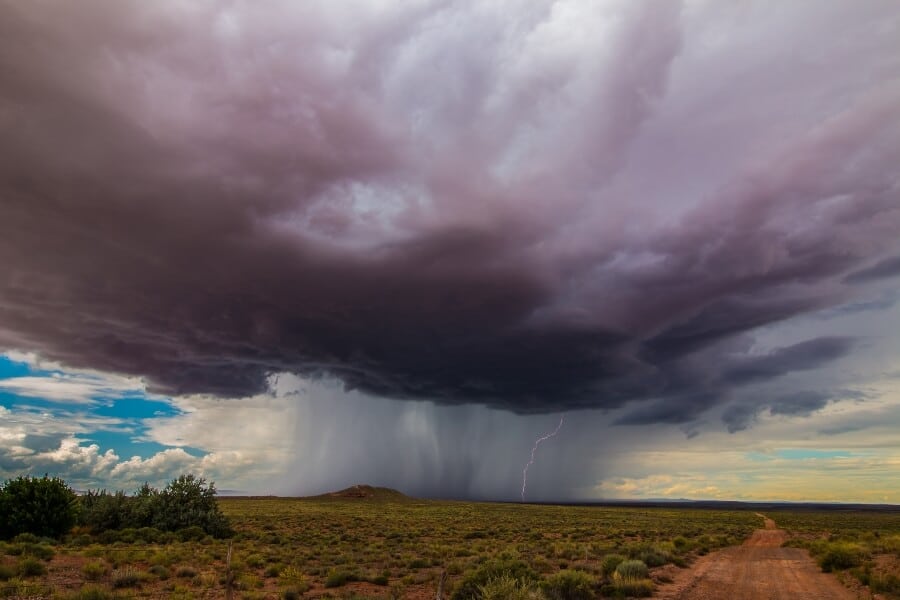
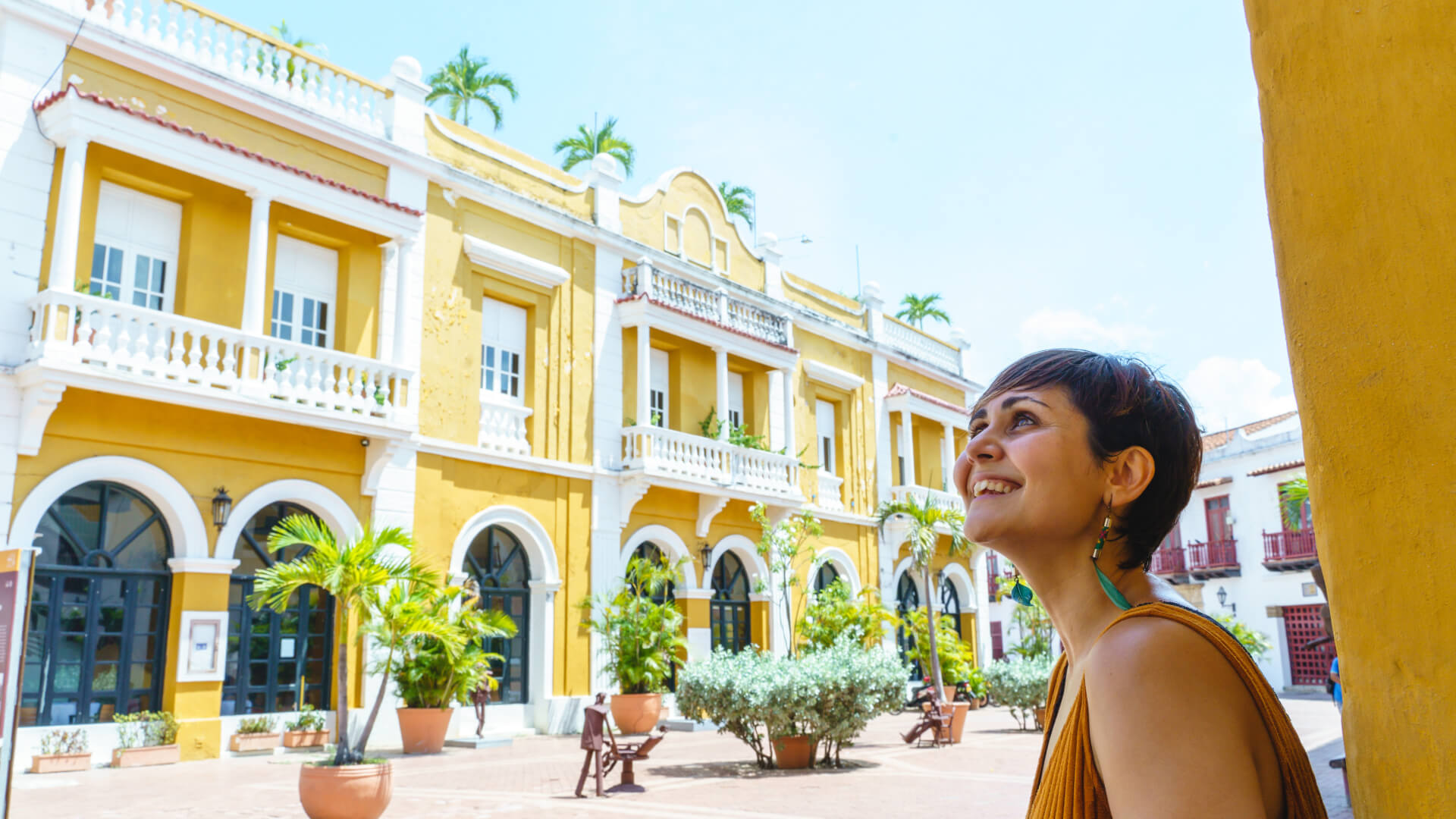
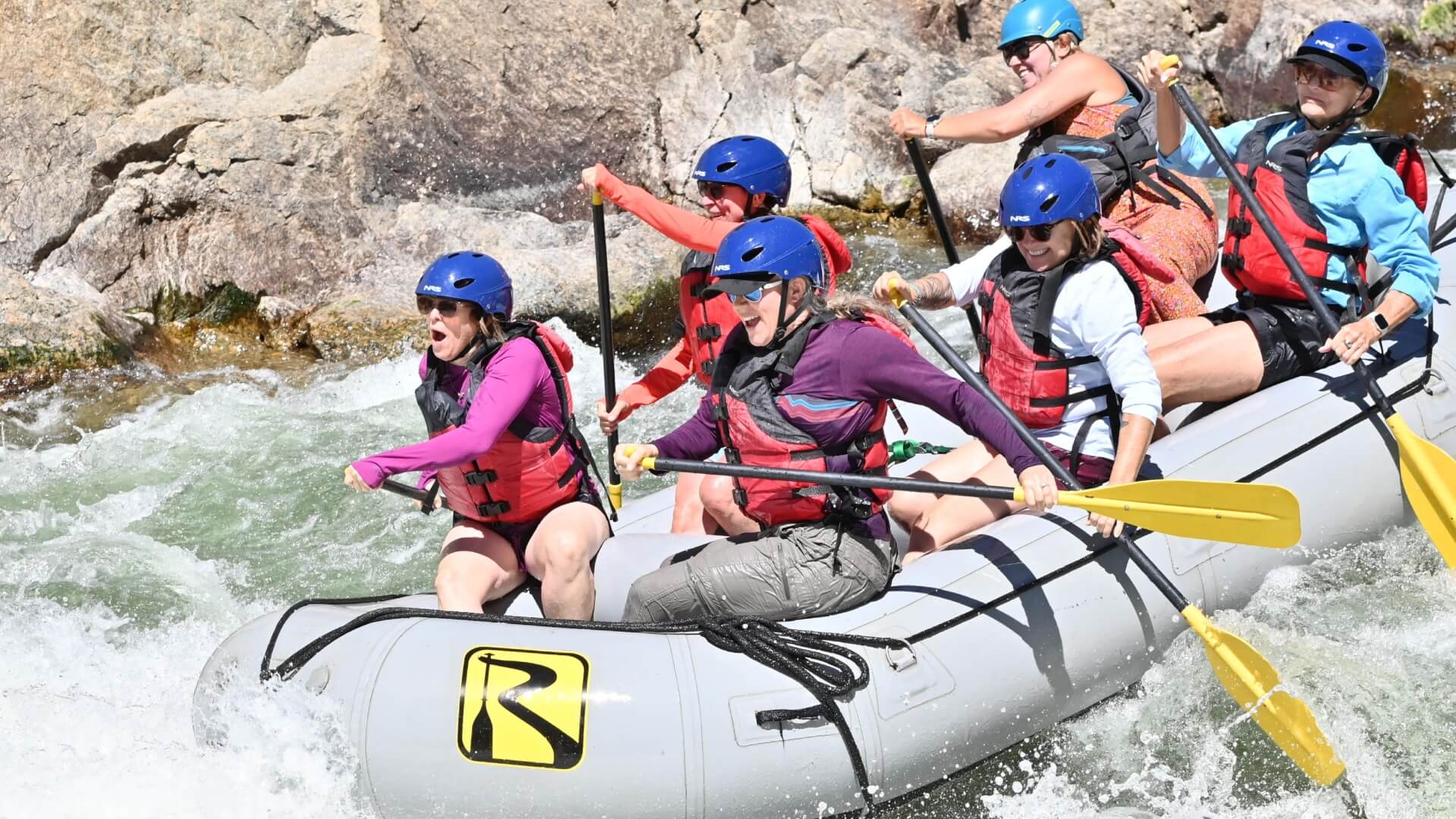


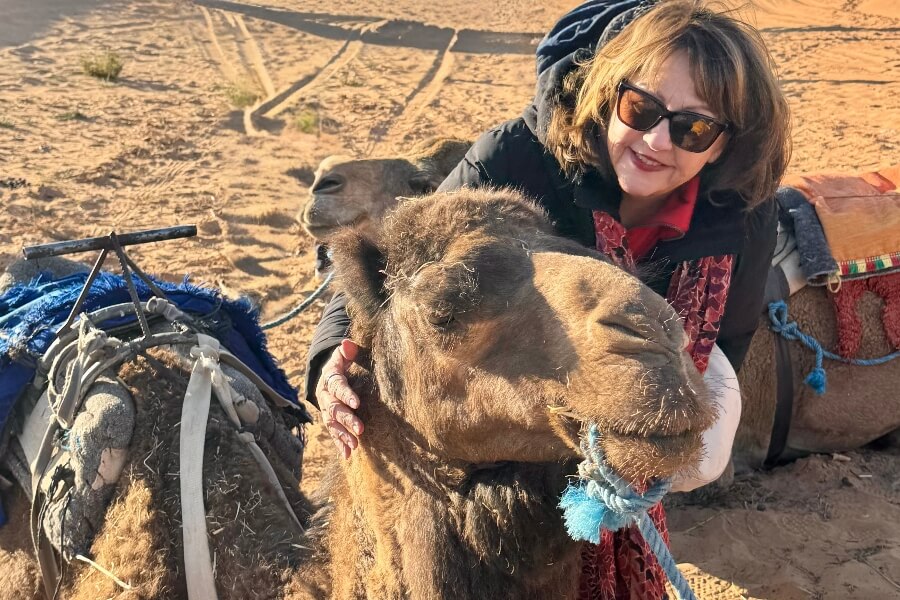
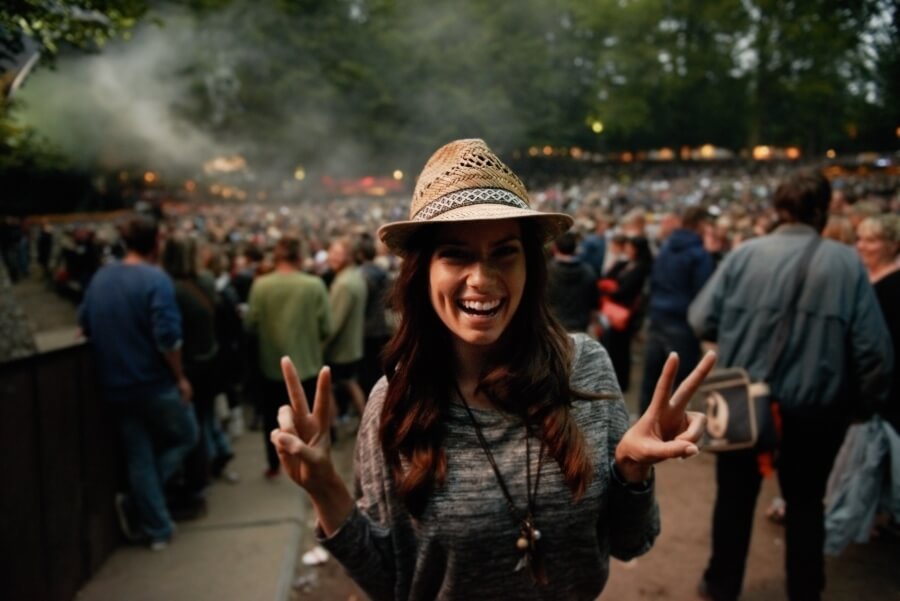
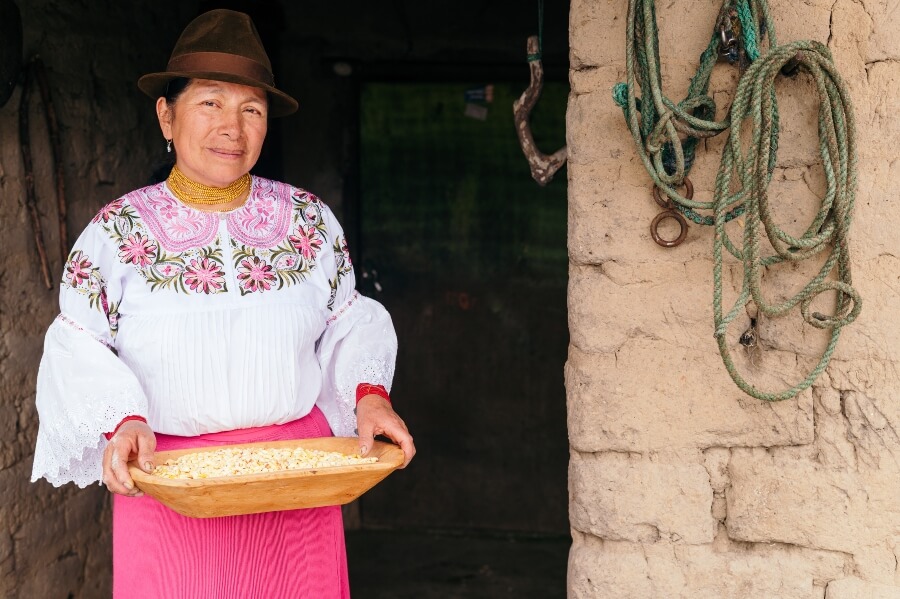
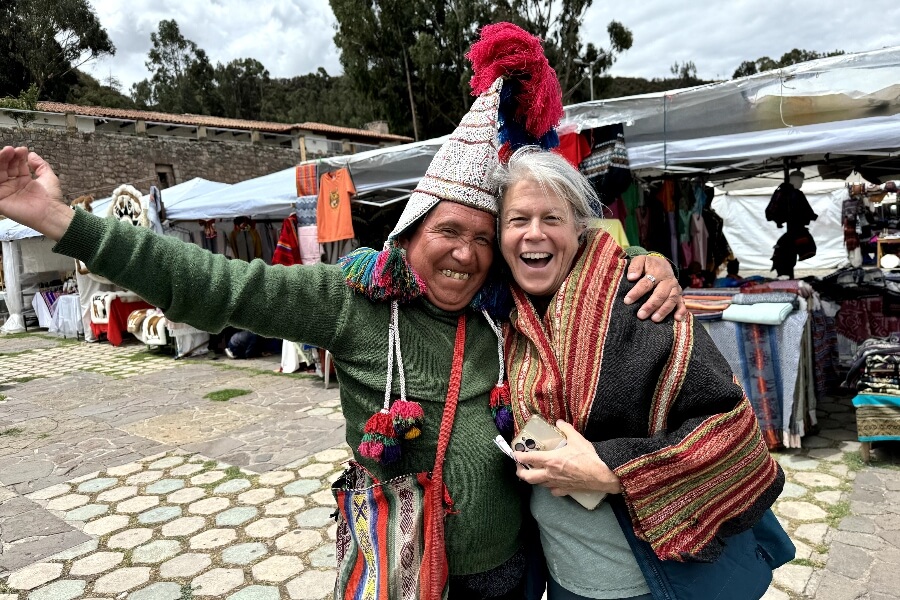

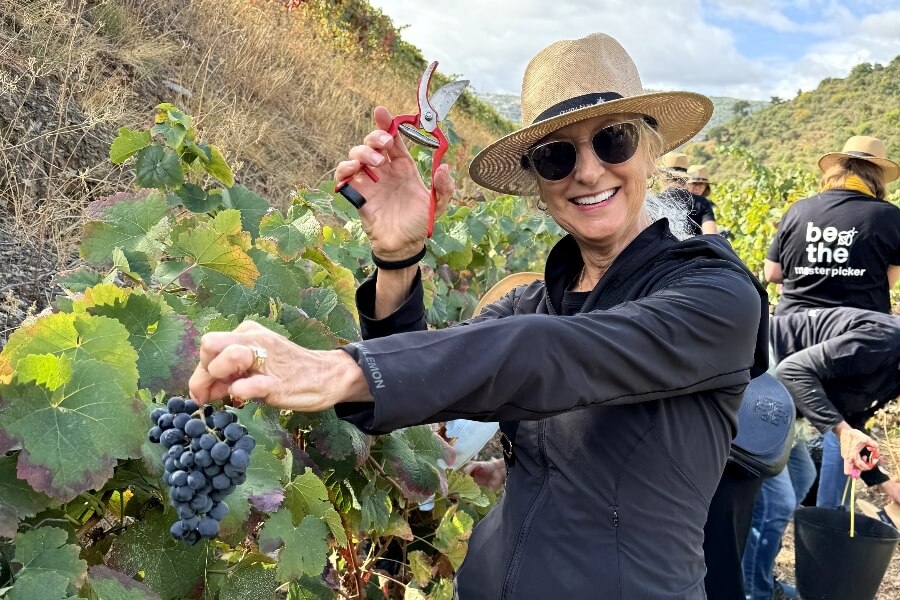
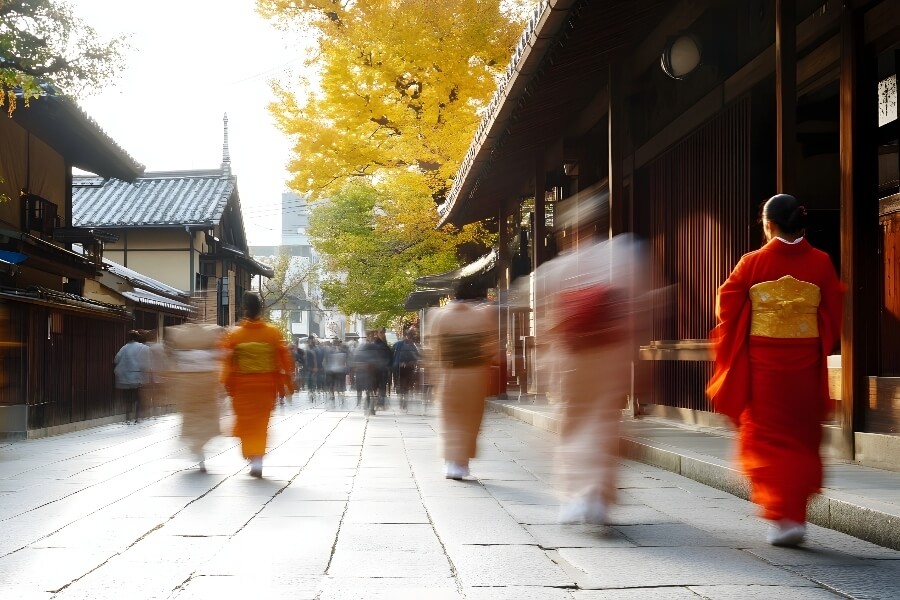
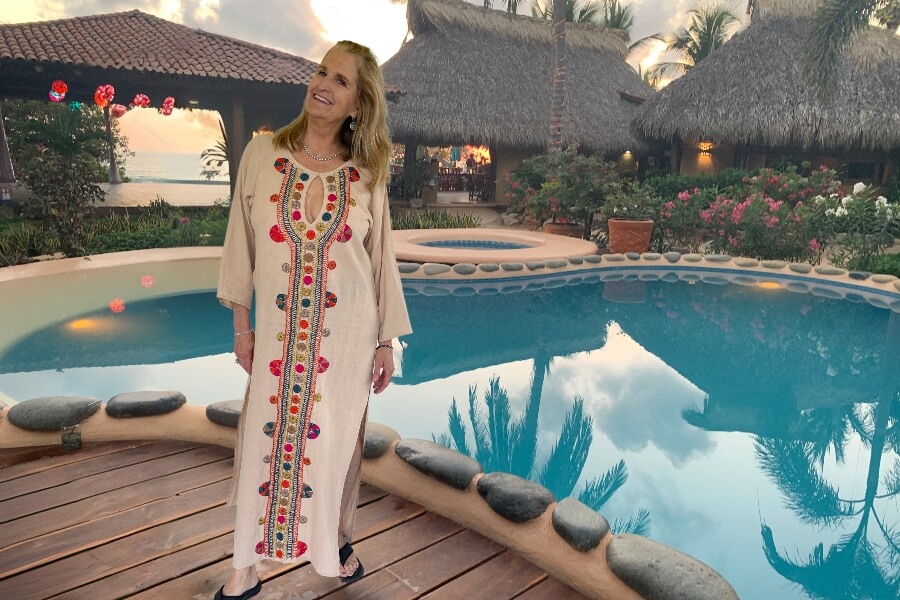
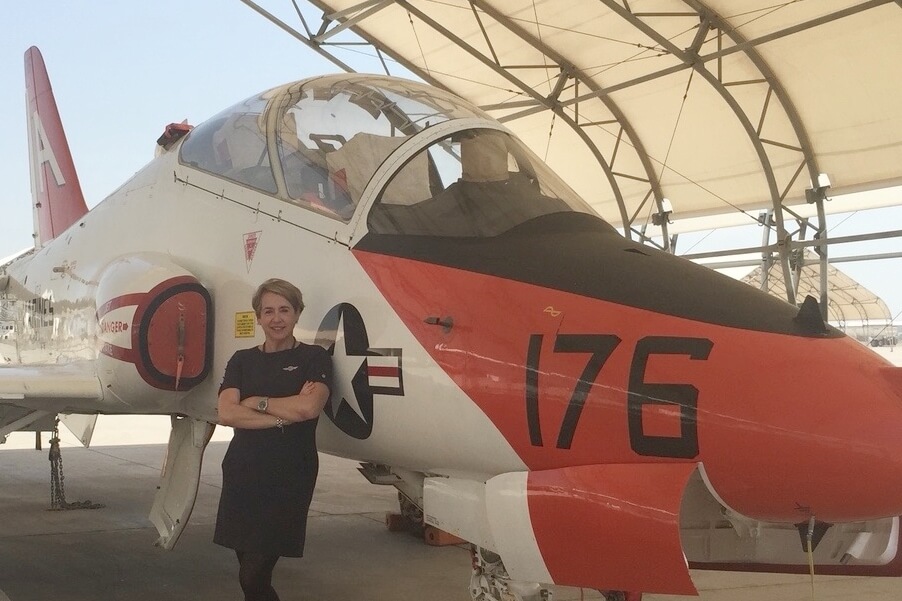

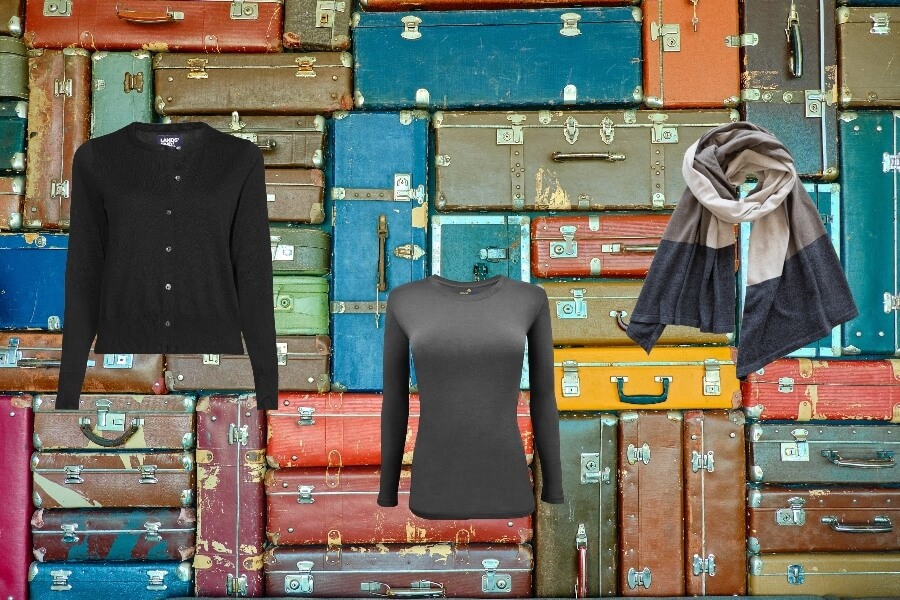

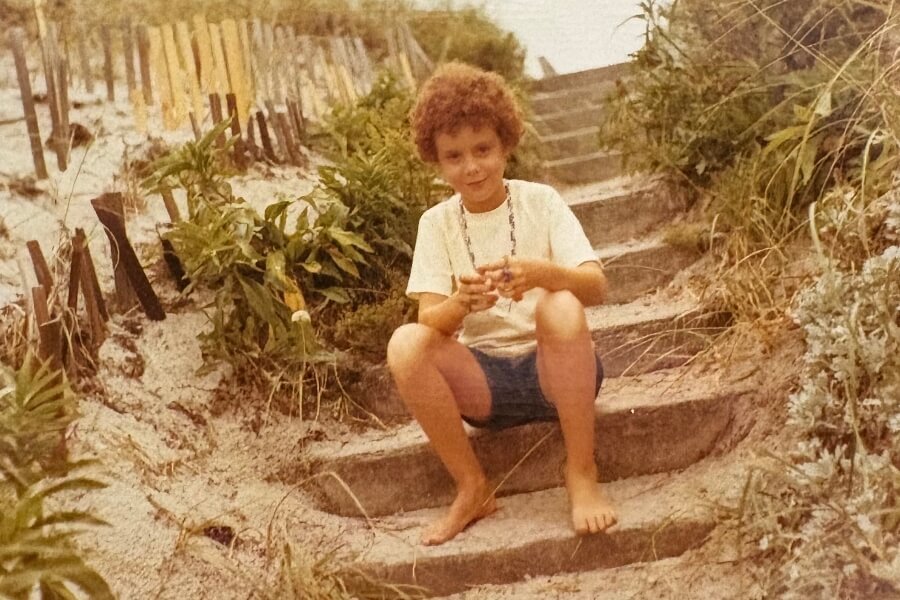

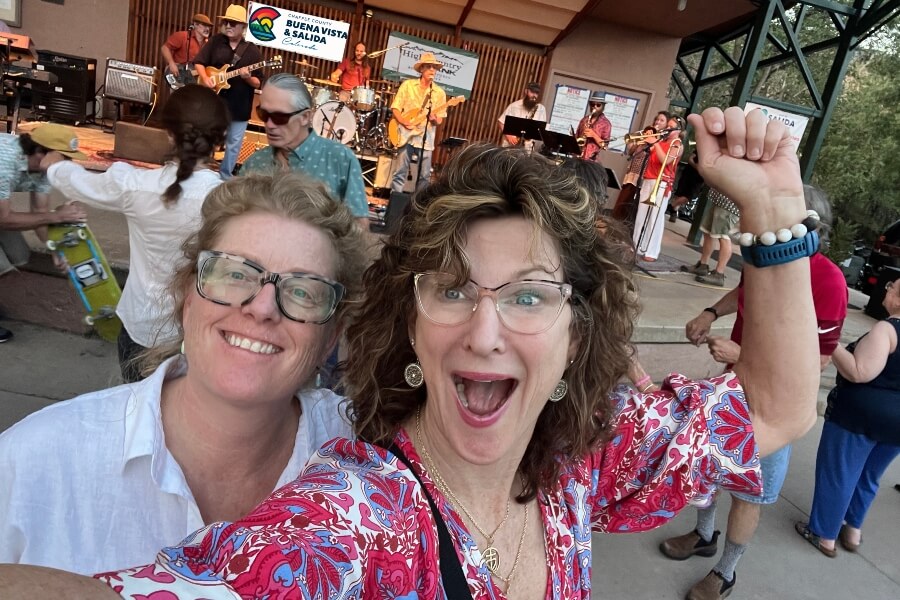


0 Comments